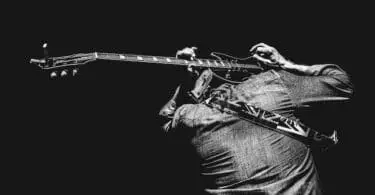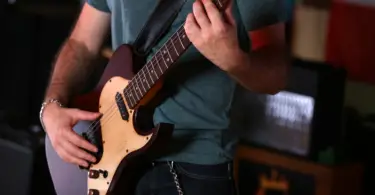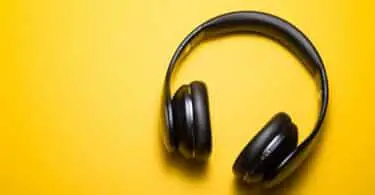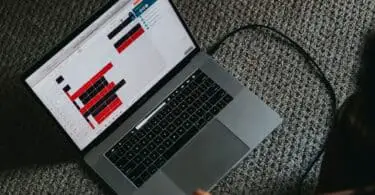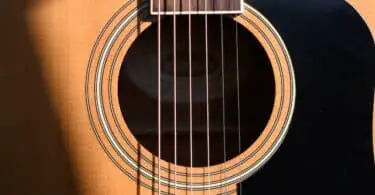You might be thinking to yourself, “How long does it take to learn guitar?” If you want to know how to play a guitar, then you should be aware that it requires intentional training. Some beginners have more time to practice than others do, and how quickly you become good at the guitar has something to do with how much time you invest in it.
Keep in mind that everyone grows and learns at different speeds and has varying lengths to devote to their skill. But rest assured that if you put your heart into learning the guitar, you will one day find yourself rocking your favorite songs in no time!
Quick Links
Your First 3 months
Your first three months should be focused on learning the basic major chords. This will enable you to learn chords quickly and keep it in your memory. In addition, learning the same chords regularly will build your confidence as you eventually make your way through a large number of chords while enjoying a sense of development.
You have to remember that there are many different methods to play various chords. There are simpler and more difficult methods, both of which you should strive to learn and practice. See what works better for you. Play some familiar songs with the different variety of a chord to test it out and see for yourself.
You should also develop a sense of rhythm throughout your first three months. If you’ve never touched an instrument beforehand or even a musical game like Guitar Hero, this may be a learning experience for you. Gaining a sense of rhythm will make the music you play sound very much like how it’s originally played.
If you have got a basic sense of rhythm, then you better refine it. Practice strumming and striking the proper strings at the right time. Although a sense of rhythm seems to be a little thing compared to what you feel like mountain of things to learn during this period, this will surely improve the way you play music.
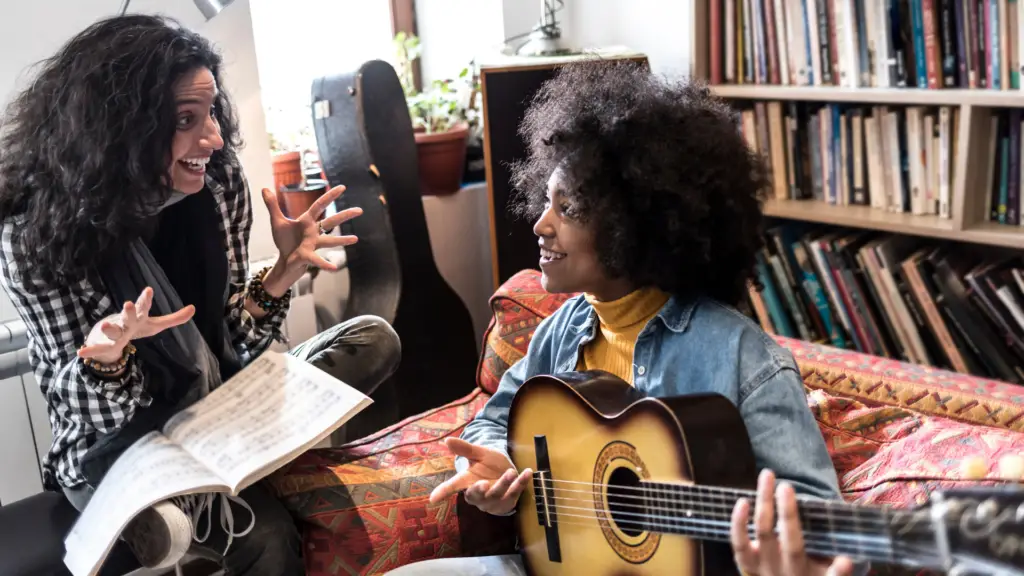
Your first 6 months
If you see yourself playing and practicing guitar regularly in the first 6 months, then expect to be aware of your strengths and weaknesses when playing the guitar. This is because you now learned the fundamentals and the basics. Talent comes from hard work, and with persistence, talent becomes mastery. And so it is with playing the guitar.
Advance your learning and talent by playing more chords and challenging yourself to play more songs. You’ll notice that a pattern of chords are utilized in many songs, so by this time, you’ll be able to learn a number of good songs to share with your friends.

Your first 18 months
By this time period, you should be comfortable with playing your guitar. You’re confident because you know the fundamentals and can play in front of your friends or family. That’s great progress!
If you really want to go deeper and master the guitar, then you’ll want to advance to more complicated chords like the barre chords. At this point, you may also want to experiment with some guitar equipment like a capo, in order for you to play more songs.
This is also a good time to learn about notes in the guitar, so you can start learning about scales and how to do solos, if you want to venture that path. Or you can learn about guitar tabs and guitar plucking, which is a very cool thing to do on a guitar as well.

Your first two years
Within two years, you must be able to tackle barre chords, which are the most difficult chords to play. This will enable you to play new songs, and at this point, you can actually play song you’d like as long you know the chords.
If you tried learning how to do solos or how to play guitar tabs, then continue on and don’t stop. Developing such a talent is very worthwhile, whether you decide to play guitar casually with your friends or get out there and put on a show with a crowd!
Share your talent with other people. It makes practice and development more enjoyable. The very last thing you would like for your guitar playing is for it be a burden. This type of mindset will hinder you from progress. Make sure that at this point — or at any point during your practice and learning — that you’re enjoying what you’re learning and doing.
Here are some tips as you play the guitar during your learning phase:
Tune-up your guitar every time
Even if you think it’s in a fine condition, you better tune up your guitar every time you play or practice. This is to make sure that your guitar’s sound is at its best everytime you play it.
Also, during your learning phase, you’re still training your musical ear. Once you develop an ear for good guitar music, and in this case, its tune, you’ll be able to detect if you’re guitar doesn’t sound right as you progress over time.
it’s also worth noting that the guitar becomes out of tune slightly over time as well, and it’s hard to spot when you’re just beginning.
Choosing the right guitar for you
Not all guitars are created equal. Keep that in mind. if you have the idea of starting with a costly guitar because “it will be better”, then we’d like to tell you that’s not always the case. There might be be better options for you.
Ask for help from guitar specialists and let them know what type or genre of music you want to play. They’ll be able to help you determine the right guitar for the type of music you want to devote yourself into. We’re talking about stature, usability, and shape of the guitar, just to name a few examples.
Set your goals
When developing a talent or learning something new. you must remember your “Why’s”.
Why would you like to learn to play the guitar?
Only you can answer that question with profound thoughts. But understanding what you want to achieve can help you track your development.
Setting goals objectives will allow you to measure your progress to see how far you’ve gone on your path. An example of a goal is to play 50 songs in front of your family. Without a strong “why”, you’ll easily be discouraged when faced with more difficult things to learn about when playing the guitar.
The more precise you could get with your goals, the easier it will be to track your progress.
Few reminders while learning guitar
Don’t cram too many difficult chords, scales, songs, or advancements in a short amount of time. It’s a recipe for disappointment and immediate discouragement. Learn one or two things at a time before you pick up something new.
Setting guitar objectives that are both challenging and accessible is the key to success while learning to play the guitar.
Don’t be scared to alter your objectives as you progress. It’s fantastic if you want to learn some famous tunes at first and realize you want to start composing your tunes! Your musical path is long and full of exciting, unexpected twists.
So, how long does it take to learn the guitar?
The truth is not about whether an expert trains you or you have the latest guitar to play while learning. Remember that it will all boil down to your determination to learn when learning, whether playing the guitar or whatever instrument you like. if you practice everyday, you’ll only not learn quickly, but you’ll be good at the guitar faster than you might expect.

